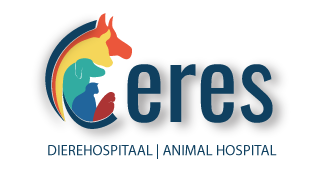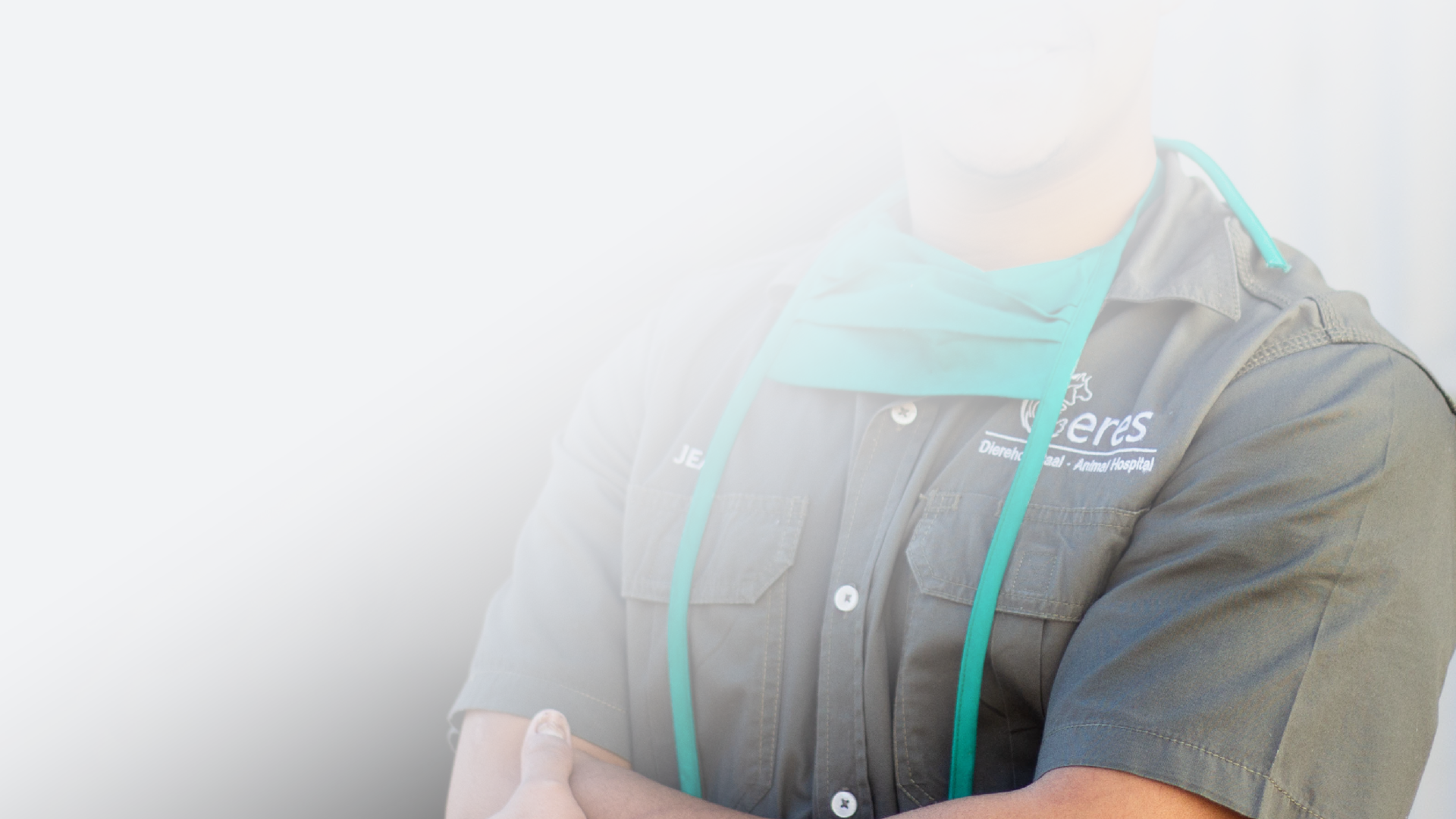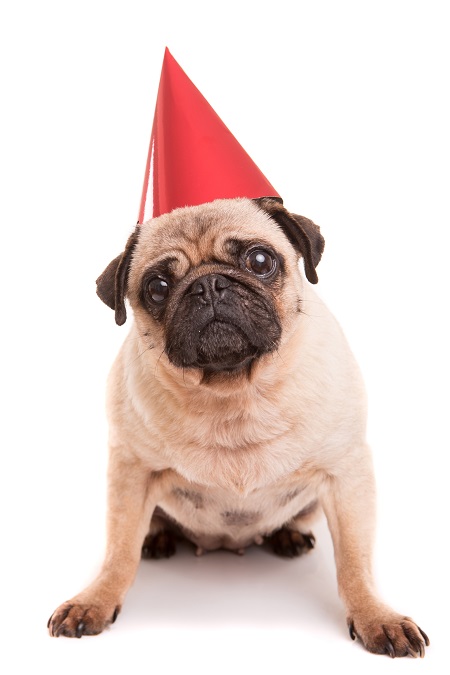 South Africans love to celebrate with food and drink as do many other cultures. Being part of the family, we like to include our pets in our celebrations and with the best of intentions may harm them if we feed them the same things we enjoy eating and drinking when we celebrate. This article highlight some of the food and drinks we as humans enjoy, which may be harmful and even deadly for our pets.
South Africans love to celebrate with food and drink as do many other cultures. Being part of the family, we like to include our pets in our celebrations and with the best of intentions may harm them if we feed them the same things we enjoy eating and drinking when we celebrate. This article highlight some of the food and drinks we as humans enjoy, which may be harmful and even deadly for our pets.
The end of the year is a time when a lot of people celebrate Christmas. Christmas Cake is a favourite for many at this time of year. Although it is tasty and nice for us to eat, it should not be shared with pets. The reason for this is that most Christmas cakes contain raisins. Raisins and grapes are a definite no-no for pets. The exact substance causing the problems is not yet known but what is known is that it causes damage to the kidneys.
During the time of celebrations, many people enjoy alcohol. The dangers associated with alcohol use in humans is well documented. Even though our pets don’t drink and drive, they should definitely not be sharing alcohol with us. Some folks will pour alcohol into a pet’s water bowl as a joke once the partying starts. Although most animals don’t like the taste of alcohol and will refuse to consume it, some animals, especially if they are very thirsty and the taste of the drink is acceptable to them, may actually drink it. An intoxicated animal may become aggressive or may have a change of character which may make its behaviour difficult to predict. As with humans a drunk animal will be off balance and have suppressed reflexes and this may expose them to being run over by a car or get injured by falling off heights or sustain similar injuries to humans who suffer a loss of co-ordination.
Most people will have the sensibility not to give their animals alcohol but some well-meaning people will not think twice to offer their animals soft drinks. Some soft drinks are not inherently dangerous to animals but artificially sweetened drinks, like many soft drinks, are these days because of humans beginning to understand the risk of the high sugar content in soft drinks, can be very harmful to your pet. Depending on which kind of sweetener is used, it may even be potentially lethal in certain cases.
Sweet things, especially cake, form a major part of the food consumed during festivities. As with soft drinks, one has to be especially careful with offering an animal cake containing artificial sweeteners. The major culprit here is Xylitol. Xylitol is a commonly used sweetener and is very dangerous to especially dogs. The reason for this is that xylitol causes a massive release of insulin from the pancreas, which in turn move glucose from the blood into the body’s tissues, leading to a sudden drop in blood glucose or hypoglycaemia. Glucose is the main fuel for the brain and a sudden drop in glucose will starve the brain of glucose leading to an animal which becomes disorientated and stable and may even start seizuring. Dogs that consume a lot of xylitol like what can be found in the icing on a cake can die, so do not feed your dog cake.
Even if no artificial sweeteners have been used, sugary foods are not good for pets because of the risk of dental problems and weight gain so rather avoid sugary foods for your pets altogether.
Another human favourite which is a definite no-no for your pet is chocolate. Chocolate contains theobromine which is a substance which can make your pet vomit or have a loose stool and in high concentrations can be toxic to the heart and nervous system. The darker the chocolate, the higher the risk.
In the same vein as chocolate which also contains caffeine, we should avoid giving our pets caffeine-containing drinks like coffee or tea.
To cut down on the sugar, many of us prefer healthier alternatives like nuts as snacks. Not all nuts are bad for your pet but some nuts like macadamia nuts have been proven to be harmful to animals, so rather stay away from sharing your healthy snacks such as nuts, with your pet.
Dairy products, especially cream, is an ingredient of many sweet treats during the festive season. As a general rule, your pets should not be fed milk, or dairy products because animals lack sufficient amounts of lactase, the enzyme which breaks down lactose in milk. As a result, a pet which drinks milk or consumes large amounts of other dairy products may develop a runny tummy.
In South Africa, we love to braai when we celebrate. To let our animals share in the celebrations, we tend to share with them when we braai. There is no problem with sharing with your pet when you braai as long as it is the right thing you are sharing. A small piece of meat from the braai is no problem. Be careful though of giving straight off the grill, as your pet may burn its mouth in its zeal to consume this very tasty treat. Do not cut off large chunks of fat from the meat you are braaiing and give that to your pets. The reason is that the high-fat content may lead to acute pancreatitis, a condition which progresses fast and can be lethal. Also giving your pets the leftover bones after everyone has eaten is a really bad idea. Bones from which the meat has been removed often have sharp edges which can perforate your pet’s intestines or get lodged anywhere from the mouth to the rectum. Some people believe that the soft carcase of chicken should not pose a problem because the bones will be digested. Vets from all over South Africa will tell you how they have had to operate and remove a chicken bone from a dog or cat who were fed leftovers. Rather remove a small piece of meat from the bone and give that to your animal if you want to treat them, but definitely do not give them any bones. T-bones, chop bones and spare ribs are the worst offenders and your pet may go and dig in the dustbin for it themselves if you don’t share, so be careful not to use shallow or unstable dustbins to scrape your leftover bones into after the braai.
A lot of people who braai will prepare onions in some or other way, either in salads, or shesheba to enjoy with pap, or just frying them to enjoy it with their meat. Raw onions are very bad for your pets as it can cause red blood cell damage and kidney damage, so never feed an animal raw onions. Even be careful with cooked onions. Garlic and chives fall in the same category and should not be fed to pets.
The best way to treat your pets and let them share in the celebrations is to feed them snacks available from the vet, which have been specifically formulated for your pet. We love our animals, who are part of our lives and families, to join in with the festivities. They can do so in a healthy and happy way by drinking healthy tap water and snacking on specially formulated pet snacks, endorsed by the vet.
© 2018 Vetwebsites – The Code Company Trading (Pty) Ltd


